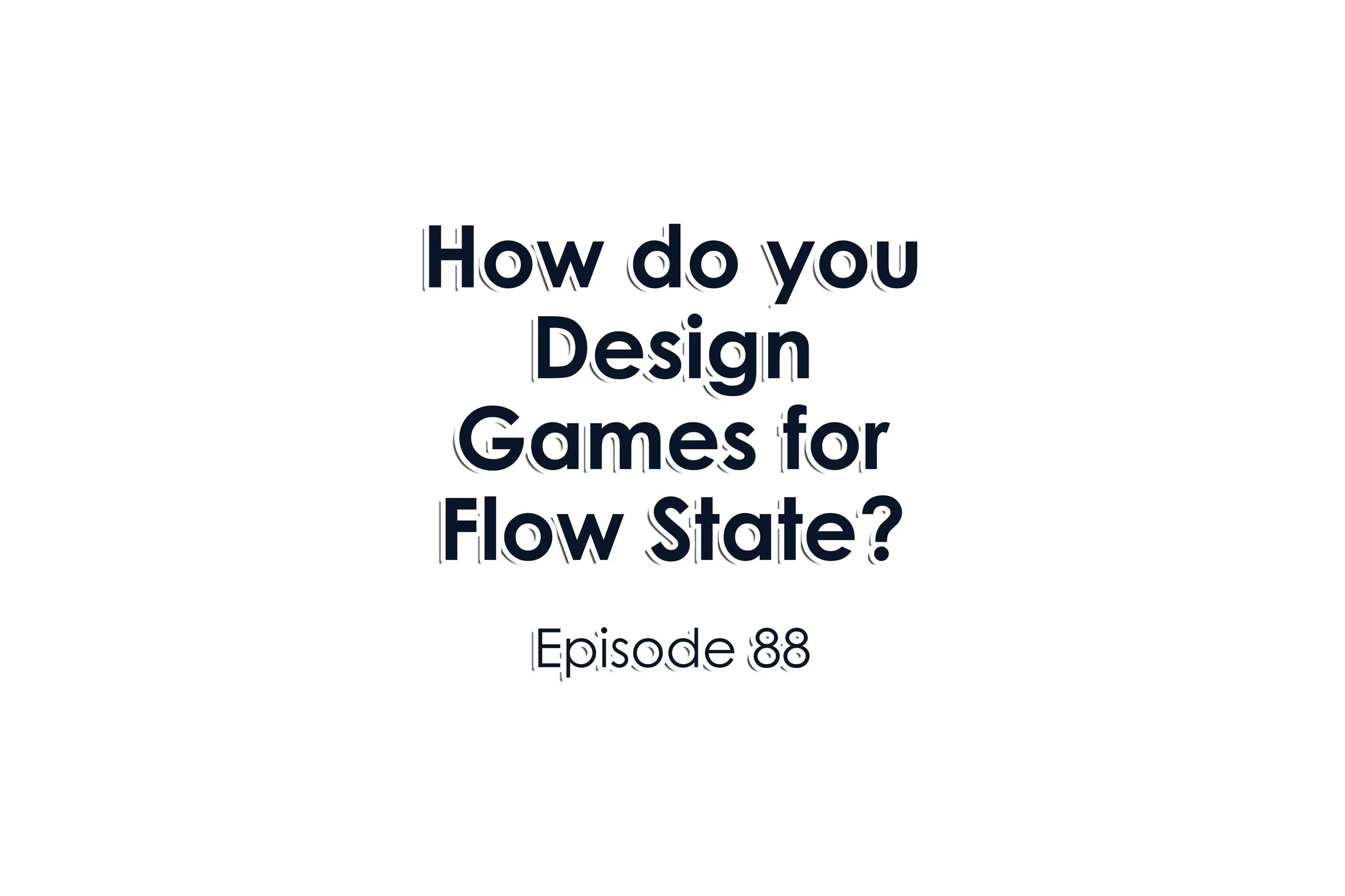In today’s episode, we’re diving into the concept of the player journey. We’ll start by defining what the player journey is and why it matters. The player experience is a key part of this journey, so we’ll explore how individual motivations shape goals and achievements throughout the game.
Read MoreOn today’s episode, we’ll answer the question: What is Player Engagement? Games require that players interact with them. They require individuals to contribute; to change; and to augment the game according to their own will and agency. This encompasses player engagement and how they come to interact with games as well as what keeps them coming back to play.
Read MoreOn today’s episode we’ll answer the question “What are Game Goals and Objectives?” Games provide players, users, and learners with opportunities and aspects for interaction for them to engage and pursue a specific outcome. Sometimes those outcomes are set by the players themselves. Especially, if they want something from their experience.
Read MoreOn today’s episode we’ll answer the question “How do you Design Games for Flow State?” Flow is a very sought after experience in game design. It’s really engaging and enthralling because players lose a sense of time and space when they are in the flow state. They become lost and completely enveloped in the game world.
Read MoreOn today’s episode we’ll answer the question: “What is Expectancy Theory?” Thinking about why we do something is often a central part of all of our activities. Those include why we work, play, or form relationships with one another. This is the central aspect of motivation: knowing what will happen or occur as a result of our own actions.
Read MoreOn today’s episode we’ll cover how to use game mechanics for learning. Game mechanics are the rules and procedures that guide players through the game. These mechanics also provide the structure for how the game reacts to players’ actions. This definition is great for game designers and developers, but what about for educators, instructors, professors, and teachers? How do they use game mechanics for teaching and learning? How can students benefit from game mechanics through games-based learning?
Read MoreOn today’s episode we’ll cover “Applying Feedback.” Applying feedback from play testing games, table top games, and educational games is incredibly important. It’s important for multiple reasons. Those reasons extend from shaping the player experience; to connecting learning outcomes; to making sure that the experience stays “fun.”
Read MoreOn today’s episode we’ll cover achievements in games. Achievements in life are a way to commodify what we’ve accomplished. Some can say that achievements are the way that we commemorate a major life moment or event. But achievements in games are different. While we might recognize most of them occurring in video games; there are other ways to award achievements to players in games.
Read MoreOn today’s episode we’ll cover point scoring in games. Scoring points is something that most people are familiar with in games. Scoring can be as easy as earning money in Monopoly or scoring the longest road in Settlers of Catan. But scoring points overall is just one method of giving feedback to players based on their actions. Points can be used for so much more when they are integrated with learning outcomes and a games-based learning approach to design.
Read MoreOn today’s episode we’ll cover formal game structures. Formal game structures are the cornerstone on which game designers build their experiences. These structures shape what the designer intends to convey. These structures also help define what the player hopes to takeaway. Recognizing these formal structures helps your players define their experience.
Read More









